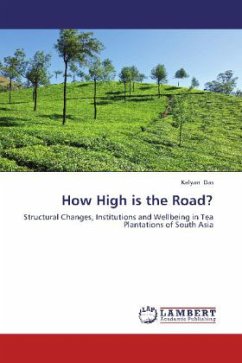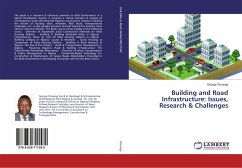This book looks at the present status of tea economy in two important tea producing regions of the world Sri Lanka and Assam in India. The newly emergent structure in smallholdings is considered a flexible and efficient production mode, which envisages regulatory supports ensuring wellbeing of the people involved. The chapter on estate plantations assesses the causes of decline-how all have gone wrong on policy and managerial fronts. Moreover, it may be important to understand the perception of tea industry on the labour factor in sustaining a competitive environment. The chapter on labour discusses the issues of labour standard as the labour factor assumes a critical role in ensuring quality of the tea produced. Tea sector in the past few decades has seen creation of number of institutions and donor agencies. It could be useful to see how the efforts have yielded overall wellbeing. The book is an attempt to understand the experiences of the two tea producing giants in ensuring sustainability and distributive justice in an important livelihood sector.
Bitte wählen Sie Ihr Anliegen aus.
Rechnungen
Retourenschein anfordern
Bestellstatus
Storno








